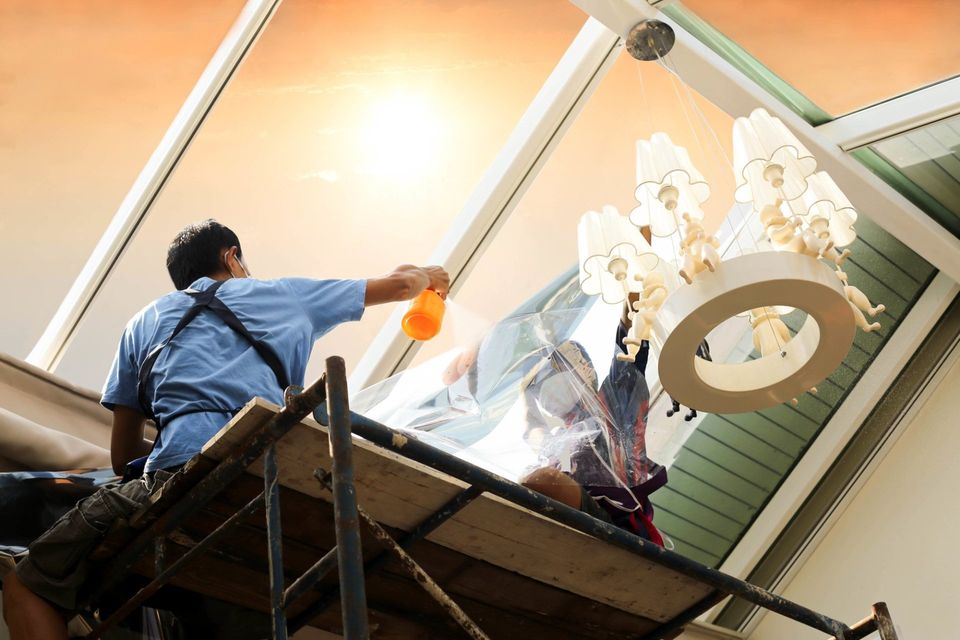Can You Use Car Tint on House Windows
There are laws about how much you can tint car windows. But what about houses? Keep reading to find out more about residential window tinting laws.

Since 2014, the tinting of residential windows has increased by over a third, according to reports by Grand View Research.
That is a steep incline in the use of window tint for homes and other buildings.
Window tint for buildings is becomingly increasingly popular for a number of reasons. Tint can regulate the temperature of your home, block harmful UV rays that damage your skin and furniture - and make windows stronger.
Traditionally window tinting is used on cars. The use of tinting for vehicles is regulated by state laws and it is an offense to use tints that aren't allowed in your state.
But what about residential window tinting laws? Is there anything I need to know about these?
Good question. Nobody wants to go through the expense and effort of installing tint on their windows without making 100% sure about any laws that may apply. Because in the case of your car, disobeying tint laws could land you up with an offense.
Read on to get clear on residential window tinting laws.
There Are No Residential Window Tinting Laws
There, we said it.
Unlike vehicle tinting, which is strictly controlled to ensure optimal road safety, residential window tinting is not controlled by law. There are no regulations around what house tint you may use.
When it comes to cars, darker tints are prohibited because this stops other drivers from being able to see into your car, which can increase the likelihood of accidents. In a residential setting, this, of course, does not apply, because nobody is driving their house around.
For these reasons, you are allowed to use any of the different types of tinting on your home's windows, from highly reflective (similar to one-way glass) tint types, to bathroom tints, decorative tints or non-reflective tints such as ceramic film.
This is truly great news because as we said, window tint holds a lot of potential benefits.
The first benefit of window tint is increased privacy, but unlike in cars, this won't cause a problem to anybody else because nobody needs to be able to see your face while you are inside your home.
The second benefit of house tint is that it can block out harmful UV rays that have been shown by science to be able to cause premature aging. This will also act to protect your furniture, curtains, and floors from sun damage. Window tint can also be used to regulate your home's temperature.
And fourthly, window tint makes your windows stronger and more durable against storm damage and attempted break-ins.
Isn't it great that unlike tinting for cars, you can take advantage of house window tinting without worrying about any tint laws?
Final Word
Because of the tight regulation of window tinting on vehicles, by associating one might think that residential tinting also attracts laws and regulations.
But the good news is that there are no residential window tinting laws that you need to be aware of. Meaning you can go ahead and proceed with any window tinting on your home and be worry-free.
If you reside in Georgia and want to take advantage of our professional window tinting services - you can request a free estimate for your residential tinting needs.
Can You Use Car Tint on House Windows
Source: https://www.maximumshadetinting.com/what-you-need-to-know-about-residential-window-tinting-laws

0 Response to "Can You Use Car Tint on House Windows"
Post a Comment